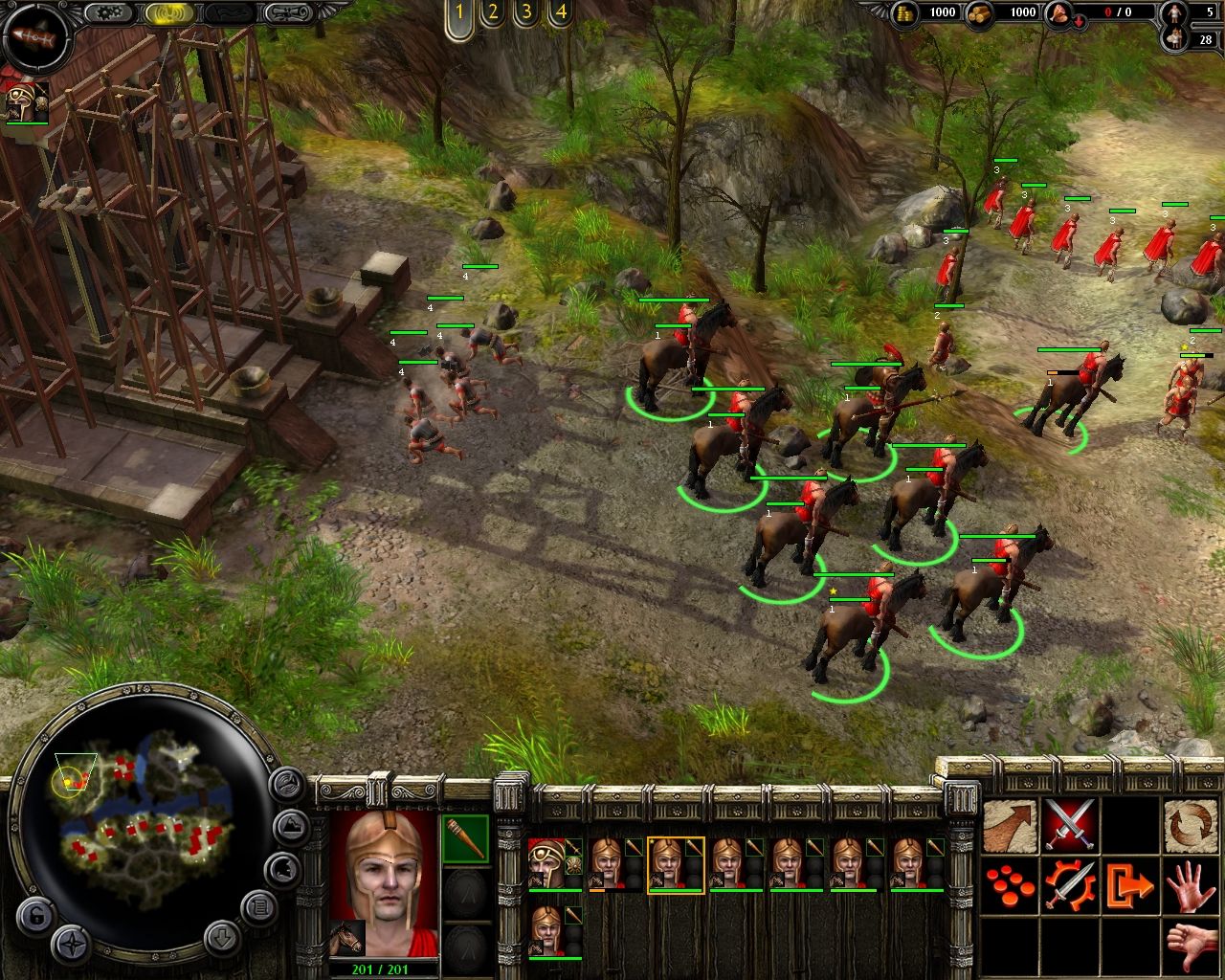

Delian LeagueĪn association of Greek city-states under the leadership of Athens, the purpose of which was to continue fighting the Persian Empire after the Greek victories at the end of the Second Persian invasion of Greece. Read the rest of the feature in our latest issue, MHM 79.An alliance formed around Sparta in the Peloponnesus, from the 6th to 4th centuries BCE. This timeline is taken from our special 15-page feature on the Rise of the Spartans, by ancient historian Paul Rahe. 338 BC: Battle of ChaeroneaĪlliance of Greek city-states defeated by Philip II of Macedonia. The resulting Theban supremacy also lasted only a single generation. Spartan power was broken by Epaminondas and the Theban ‘heavy phalanx’ on the battlefield of Leuktra – a result confirmed by a second Theban victory over the Spartans at Mantinea in 362 BC. Sparta was a landbased power, Athens a naval one, so for a long time it was a matter of the elephant and the whale, with the decisive victory eluding each side. Only when the Spartans developed a navy – financed by Persian gold – was it possible for them to break Athenian power and win the war. Sparta was then supreme in Greece for a generation. This epic ancient Greek civil war pitted the conservative, Spartan dominated Peloponnesian League against the democratic, Athenian dominated Delian League.

Coin depicting Emperor Xerxes 479 BC: Battle of Plataea 449 BC: Peace with Persia 431-404 BC: The Peloponnesian War However, a massive Persian army remained on Greek soil over the winter. Xerxes suffered a first decisive defeat at Salamis, a naval battle fought off the Athenian coast, and he was forced to withdraw the remains of his fleet and a large proportion of his land forces. The second Persian invasion was on a much greater scale than the first. 480 BC: Xerxes’ invasion of Greece – battles of Thermopylae Artemisium and Salamis The Spartan Army arrived too late to participate, but its soldiers surveyed the battlefield and attempted to draw tactical lessons. 490 BC: The Battle of MarathonĪ stunning Athenian victory.

The two leaders met in a drawn battle at Pteria in 547 BC, but Croesus then withdrew and was pursued and defeated at the Battle of Thymbra, and Lydia came under control of the Persian Achaemenid Empire. In an attempt to expand his territory eastwards, King Croesus of Lydia led an invasion into Persian Cappadocia against Cyrus the Great. Depiction of the Battle of Marathon, 490 BC c.546 BC: Persian conquest of Lydia and the Anatolian Coast The League led the defence of the Greek city-states against Persian invasions – though, critically, Athens fought alongside Sparta and the Peloponnesian League on this occasion. The alliance was designed to maintain peace within the Peloponnese at the height of Sparta’s power – mainly by marginalising Argos – while also providing a defensive force capable of fending off outside invasion. Reliable sources for the League’s history are scarce, but it is thought to have included Corinth, Kythira, Melos, Pylos, Mantinea, Elis, Epidaurus, Boeotia, Lefkada, Ambrakia, and perhaps Macedonia. The league was led by Sparta, the Peloponnese city-state with the most political and military clout. The Peloponnesian League was a military coalition that existed from the 6th to the 4th centuries BC. c.550 BC: Foundation of the Peloponnesian League It was this ‘new Sparta’ – created by the military crisis of the Messenian Revolt – that became the basis of the very conservative system which then endured through the next three centuries. Statue of Homer, the ancient Greek poet c.776 BC: Traditional foundation date for Olympic Games c.750 BC: Homer’s epics The Iliad and The Odyssey composed c.700 BC: Sparta conquers Messenia c.650 BC: Messenian Revolt followed by Spartan ReconquestĪt this time, radical changes took place in Sparta, with a new constitution (the Laws of Lykourgos), the development of the hoplite phalanx, and the emergence of a distinct Spartan ethos, as immortalised in the poetry of Tyrtaeus. Journey from the original Olympic games to the defeat of the Spartan juggernaut in this extract from our latest 15-page special on the rise of Sparta.


 0 kommentar(er)
0 kommentar(er)
